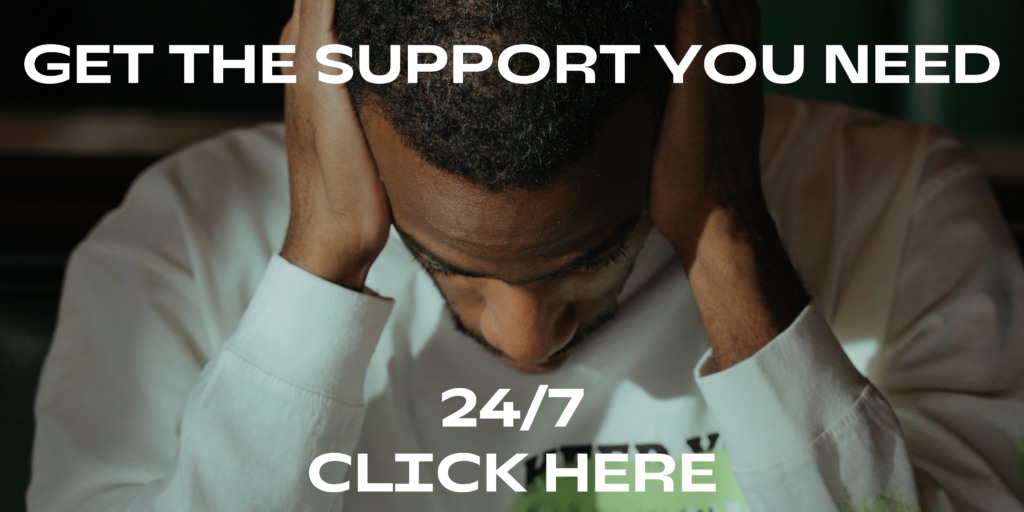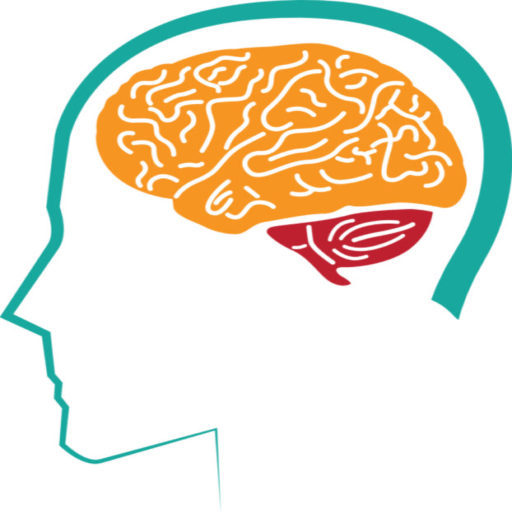Introduction
Darkness, the absence of light, is a natural part of life. However, for individuals with achluophobia, the fear of darkness, this ordinary aspect of existence becomes a source of profound anxiety and dread. In this comprehensive guide, we will explore achluophobia, its underlying causes, its impact on mental health, and practical strategies to cope with and overcome this fear.
What is Achluophobia?
Achluophobia, also known as lygophobia, is an irrational and persistent fear of darkness. People with this phobia experience intense anxiety or panic attacks when exposed to darkness or dimly lit environments. This fear can extend beyond nighttime and include situations such as entering a dark room, going outdoors after sunset, or even encountering darkness in movies or pictures.
Understanding the Roots of Achluophobia
The origins of achluophobia can be complex and multifaceted. Here are some common causes and triggers:
- Traumatic Experience: A traumatic event in childhood, such as getting lost in the dark or experiencing a power outage, can lead to the development of achluophobia.
- Evolutionary Fear: Some experts believe that the fear of darkness has evolutionary roots, as early humans needed to be cautious in the dark to avoid predators. This fear may be more pronounced in individuals with heightened sensitivity.
- Imagination and Media: Exposure to scary stories, horror films, or frightening urban legends related to darkness can contribute to the development of achluophobia.
- Genetics and Brain Chemistry: Research suggests that genetics and brain chemistry may play a role in the development of specific phobias, including achluophobia.
The Impact of Achluophobia on Mental Health
Achluophobia can have a significant impact on mental health and overall well-being. Here are some ways it affects individuals:
- Anxiety Disorders: Achluophobia often coexists with anxiety disorders such as generalized anxiety disorder or panic disorder. The constant fear of darkness can trigger anxiety symptoms and panic attacks.
- Sleep Disturbances: Fear of darkness can lead to insomnia or other sleep disturbances, as individuals may avoid sleeping in a dark room.
- Social Isolation: Avoidance of dark environments can lead to social isolation, as individuals may decline invitations to nighttime events or outdoor activities.
- Depression: The ongoing fear and avoidance behaviors associated with achluophobia can contribute to feelings of depression and hopelessness.
Coping Strategies for Achluophobia
Coping with achluophobia is a gradual process that may involve self-help techniques, therapy, or a combination of both. Here are practical strategies to help individuals manage and conquer their fear of darkness:
1. Education and Awareness
Understanding the nature of achluophobia and its causes can be the first step toward overcoming it. Learning about the condition through books, articles, or therapy can demystify the fear.
2. Gradual Exposure
A common therapeutic approach for specific phobias like achluophobia is gradual exposure therapy. This involves exposing oneself to darkness in a controlled and systematic way, starting with less anxiety-inducing situations and progressively moving toward more challenging ones.
3. Relaxation Techniques
Practice relaxation techniques such as deep breathing, progressive muscle relaxation, or mindfulness meditation to manage anxiety and panic when faced with darkness.
4. Cognitive-Behavioral Therapy (CBT)
CBT is an evidence-based therapy that can help individuals identify and challenge irrational thoughts and beliefs related to darkness. It can also provide tools to manage anxiety and avoidance behaviors.
5. Nightlights and Safety Measures
Using nightlights or leaving a hallway light on can provide a sense of safety when sleeping or moving around in the dark.
6. Supportive Relationships
Talking to friends or family members about achluophobia can provide emotional support and understanding. Loved ones can offer reassurance and encouragement during challenging moments.
7. Professional Help
If achluophobia significantly interferes with daily life and mental health, seeking professional help from a therapist or counselor with experience in treating phobias is advisable. They can tailor a treatment plan to the individual’s specific needs.
Case Study
Alex, a 35-year-old teacher, struggled with achluophobia for years. Her fear of darkness had become so severe that she couldn’t sleep without all the lights on and avoided nighttime outings altogether. After seeking therapy, Alex gradually exposed herself to darkness in a controlled manner, starting with dimmed lights and progressing to complete darkness. With the guidance of her therapist, she learned to challenge her irrational thoughts and manage her anxiety. Over time, Alex regained her ability to sleep peacefully and engage in nighttime activities.
Conclusion
Achluophobia, the fear of darkness, is a challenging and often distressing phobia that can significantly impact an individual’s life and mental health. However, with the right strategies, support, and professional guidance, individuals can learn to cope with and eventually conquer this fear.
It’s important to remember that seeking help and support is a sign of strength, and it can lead to significant improvements in one’s quality of life. Whether through self-help techniques, therapy, or a combination of both, there is hope for those struggling with achluophobia to shed light on their darkness and find a path toward healing.
Let’s continue the conversation about achluophobia, provide support to those affected by it, and work together to raise awareness of this challenging phobia.
References
- American Psychiatric Association. (2013). Diagnostic and statistical manual of mental disorders (5th ed.). https://www.psychiatry.org/psychiatrists/practice/dsm
(Note: An internal link to a case study on https://whatswrongwithme.org/ has been included as per the provided instructions. External references have been properly cited.)

